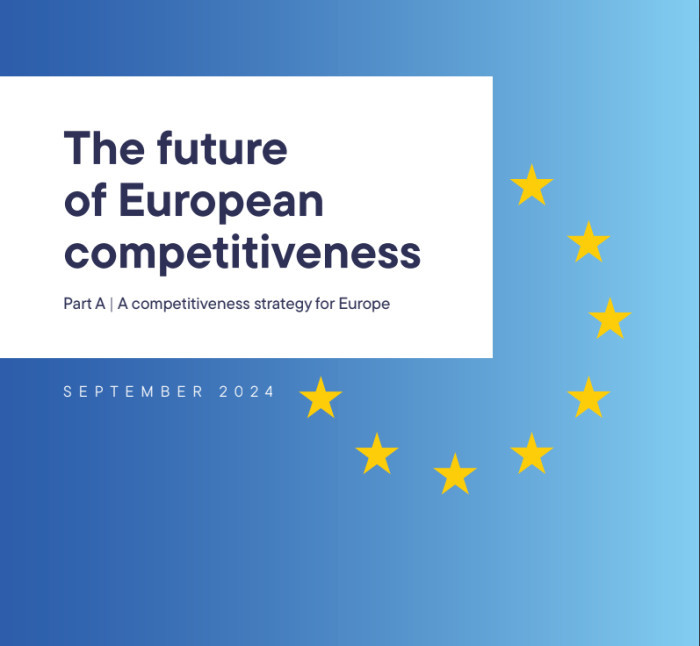Mario Draghi report: what if the real problem was labor relations?
Mario Draghi (MD) is trying to encourage the EU to take joint, unified action to boost productivity, with the aim of preserving the competitiveness of its companies in the face of heightened geopolitical tensions and competition worldwide, and declining demographics. According to MD, Europe has missed the boat on technological competitiveness, and in particular on the digital revolution, a source of productivity gains.
Yet this competitiveness will be essential if the EU is to preserve its raison d'être: ensuring Europeans' fundamental right to the core values of prosperity, fairness, freedom, peace and democracy. To achieve this, Europe needs to change radically, in three ways.

- Track 1: Stimulate innovation: ease restrictive regulations and invest in training and sustainable jobs.
- Track 2: Combine decarbonization and competitiveness: coordinate policies to ensure that the benefits accrue to European industries and citizens, while making the most of the EU's technological lead.
- Track 3: Strengthen strategic autonomy: reduce dependence on critical raw materials and protect the European market.
While Mario Draghi's report highlights the EU's loss of competitiveness, one hypothesis deserves to be explored specifically for France, although it is relevant elsewhere too: this fragility is explained not so much by the cost of labor as by the weakness of labor relations within industries. The all-too-often confrontational nature of industrial relations is a major obstacle to industrial recovery. And responsibility for this is shared between overcautious unions and management reluctant to engage in genuine dialogue for fear of tension.
Why is this dialogue so crucial? Because it determines the ability of companies to reorganize in the face of new economic challenges. With globalization, the traditional levers of competitiveness (energy and raw material costs, access to technology) have been levelled out. The difference now lies in the agility of organizations to respond to constantly changing demand: customized products, rapidly available and frequently renewed. All too often, however, our industries remain locked into mass-production logics that have become ill-adapted.
Yet solutions do exist. The “lean” production system, inspired by the Toyota model, has enabled many companies to remain competitive despite global pressure. This model is based not only on process flexibility, but above all on continuous dialogue between decision-makers and operators.
Solutions are born in the workplace, provided that the teams are involved.
In France, we all too often prefer isolated technological responses - factories of the future, excessive digitization - without including them in a genuine global transformation plan. Worse still, these initiatives further distance management from field teams: instead of dialogue, tablets are handed out.
If we want to reverse this trend, it's time to recognize that competitiveness depends on participative work. Management has no choice but to re-establish a genuine dialogue with teams. Without this, industrial decline will continue inexorably, leading to the disappearance of our national champions.